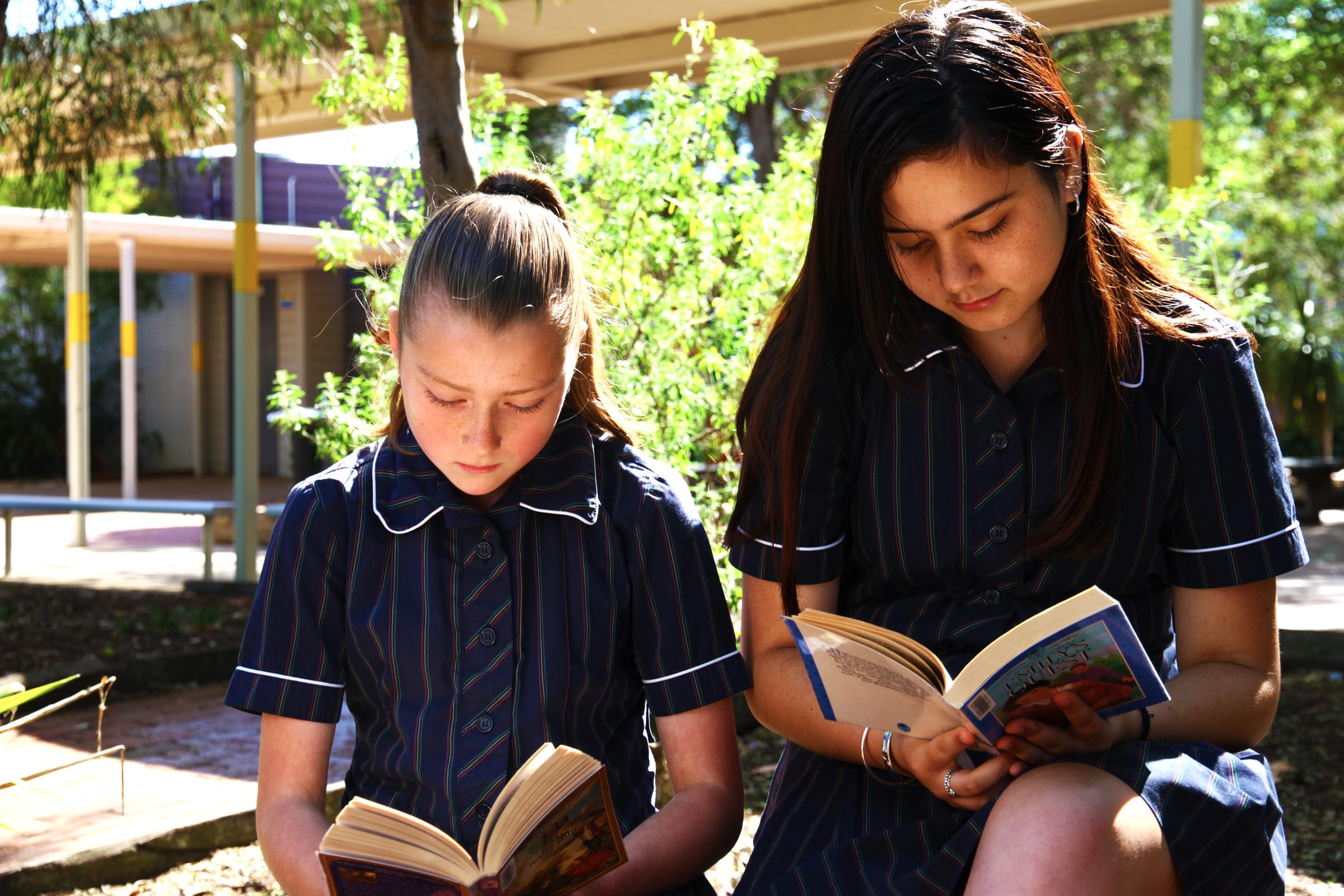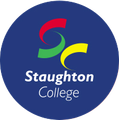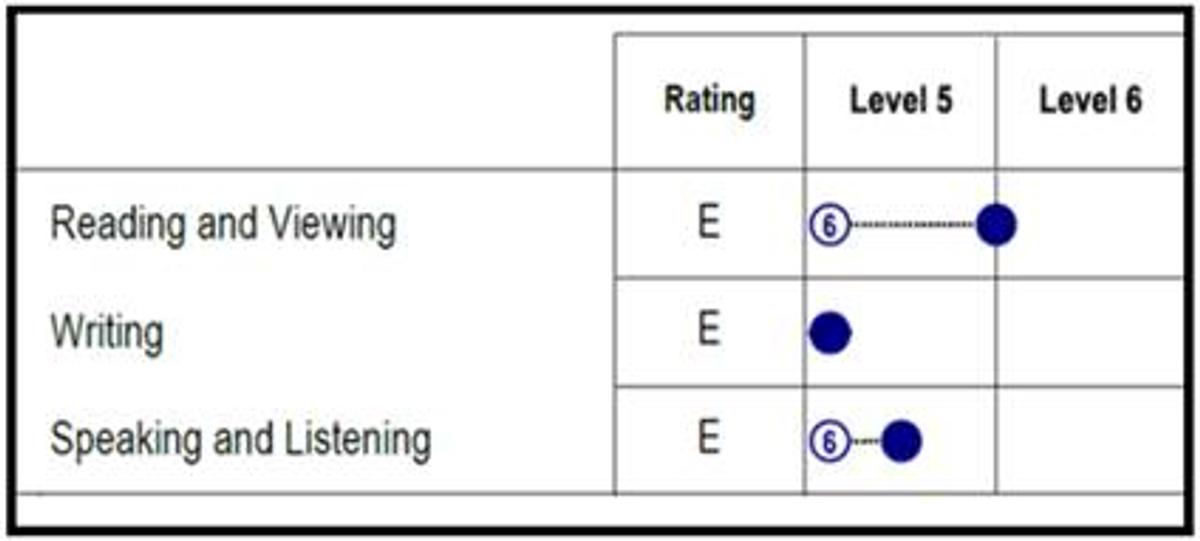End of Semester 1 Reports

End of Semester 1 Reports
End of Semester 1 Reports will be available on the XUNO Parent Portal during the first week of the school holidays.
These reports reflect student learning from the start of Term 1, Week 2 to the end of Term 2, Week 8.
Understanding End of Semester Reports
All Year Levels: Learning Engagement and the Approaches to Learning
Every student is assessed on how often they demonstrate the behaviours of the Staughton Student Behaviour Matrix in each class. Students who Often or Always demonstrate Learning Behaviour, Learning Effort and Respectful Behaviour are providing themselves with the opportunities and tools to learn effectively.
Years 7-10: Learning Interactions and Learning Progress
Learning Interactions are class tasks that your child has completed in order to demonstrate their engagement, learning progress and growth in each subject.
Learning Progress provides an indication of whether your child has demonstrated learning growth, regardless of the level from which they started.
*Note: In Semester 2 of 2021, only English and Maths included information about Learning Progress and growth against the Victorian Curriculum due to the Department of Education’s COVID reporting changes. It has been at least 12 months since students have had a full report for all other subjects. Keep an eye out for other newsletter items that explain how to read End of Semester Reports in the coming weeks.
VCAL: Learning Outcomes and Semester Results
The report will list all Learning Outcomes required for satisfactory completion of the certificate level in which your child is enrolled. These are all of the Learning Outcomes covered for the entire year. A satisfactory Semester 1 Result indicates that your child has completed all of the expected Learning Outcomes covered in Semester 1.
Any Semester 2 Learning Outcomes will have a judgement of “Not Started”.
VCE: Outcomes and Unit Results
The report will list all Outcomes required for satisfactory completion of Unit 1 (Year 11) or Unit 3 (Year 12). All Outcomes must be Satisfactory to receive a satisfactory Unit Result.
Years 7-10 Reports: Understanding the Victorian Curriculum progression points
Teachers make a judgement about the level your child has achieved by the end of the semester against the Victorian Curriculum Level Statements using a variety of student work, such as Learning Interactions, as evidence of progress.
The Department of Education requires that these reports include a rating which indicates whether your child is at, above or below the expected level for their age group.
‘C’ is at the expected level; ‘A’ and ‘B’ are above the expected level; ‘D’ and ‘E’ are below the expected level. The ratings are automatically generated based on teacher level judgements.
Although these ratings give an indication of your child’s learning with respect to their age group, each and every Staughton student has their own individual emotional and learning needs. We recognise and celebrate the learning growth of our Staughton students every semester, regardless of their starting point.
The progression point graphic provides more information about learning progress along the Victorian Curriculum. Each progression point is a marker for when a student reaches the halfway point towards the next Level (shows 🔵 in the middle of the Level column), or achieves the entire Level (shows 🔵 on the right edge of the Level column).
For Example:
- For Reading and Viewing, this student demonstrated 12 months of learning growth in one semester (the equivalent of a 1.0 Level progression).
- For Writing, this student demonstrated no learning progress from their prior level.
- For Speaking and Listening, this student demonstrated 6 months of learning growth in one semester (the equivalent of a 0.5 Level progression).
Understanding the diversity of needs in our Staughton Family, sometimes a 0.5 Level progression is not possible within the timeframe of a single semester. It is important to read the Victorian Curriculum progression points alongside the teacher judgements for the Approaches to Learning (Learning, Effort, and Respect) and Learning Progress because these provide a clearer understanding of your child’s engagement at school.
End of semester reports are an important tool for:
- Celebrating learning growth
- Reflecting on the Learning, Effort and Respect that made learning growth possible.
- Setting new goals for the new semester

